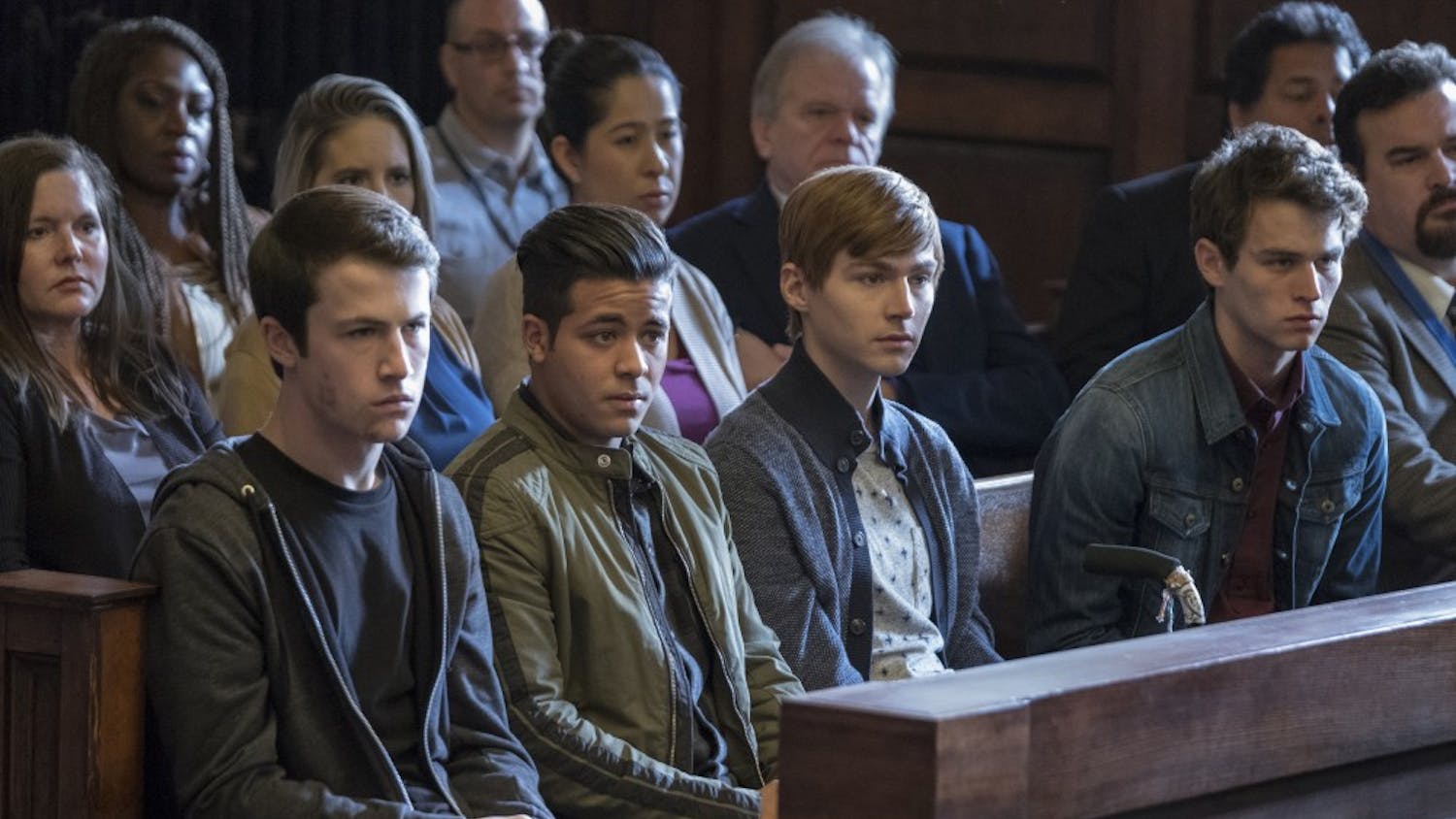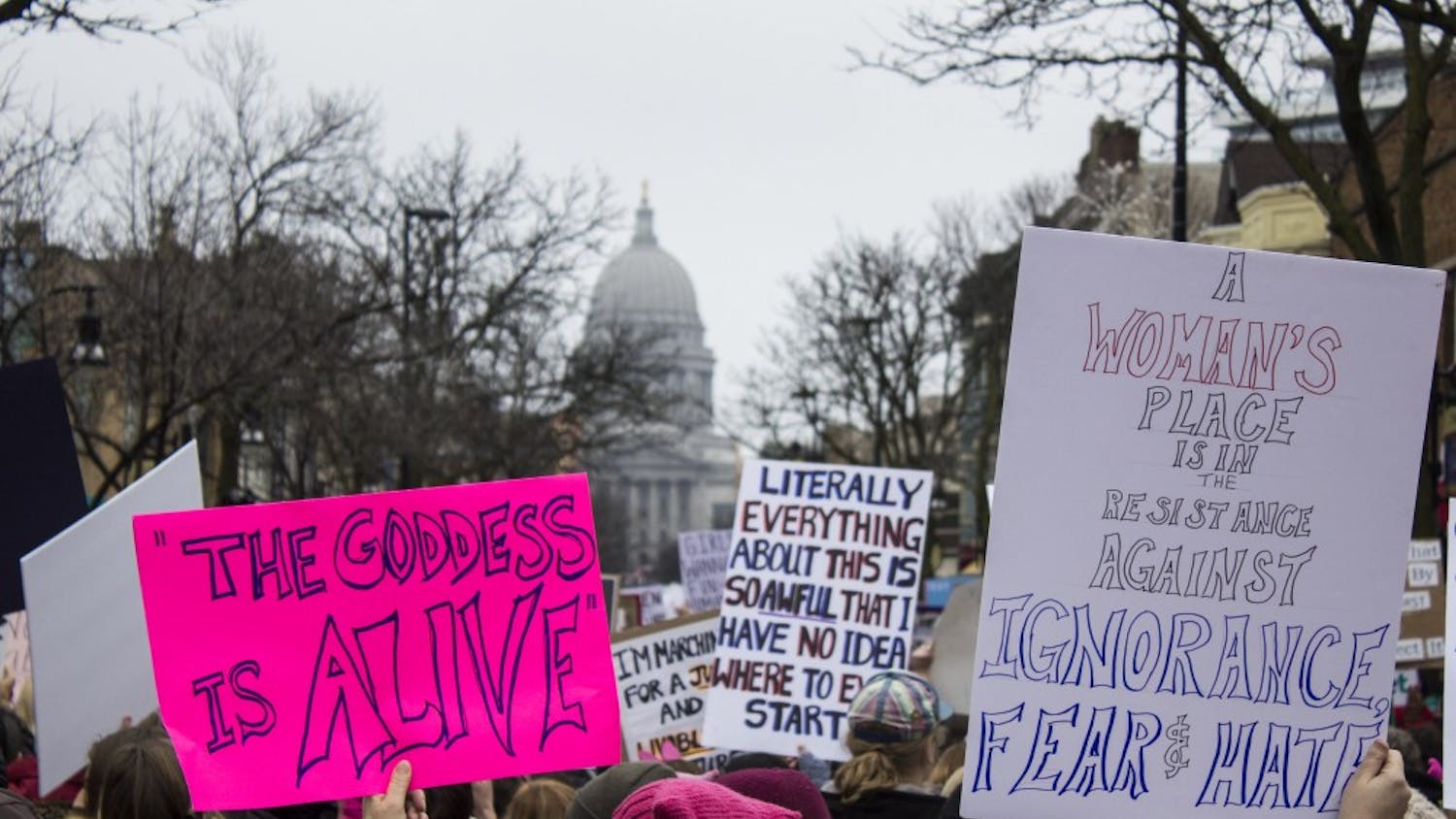Summer break brings with it time spent with friends and family as well as the chance to reset and prepare for the year ahead. It also creates challenges, especially for first-year students, as it can be difficult to transition from high-paced collegiate life to life at home.
In the era of technology, going to class can be a shield from the endless horrors of the 24-hour news cycle. What’s a better excuse for not being caught up on current events than spending time in the library in pursuit of an elusive 4.0?
That rationalization doesn’t hold much weight when political decisions that affect livelihoods and futures are constantly being made. However, once the first few weeks of June pass by and boredom begins to settle in, it’s easy to see how naturally we had occupied ourselves inside the campus bubble, and let other things fall by the wayside. There’s more time for endless newsfeed scrolling and turning on the television as the days get longer and hotter.
When academic stress ceases, the stress of the world is all too happy to swoop in and fill the gaps. Some students return home to an unsafe living situation, or to families who depend on the student’s part-time paycheck to pay the bills. Add that to a stream of constant tragedy and hopelessness splashed across the headlines, and not having any distractions for three months can seem unbearable. Although studying isn’t the most entertaining coping mechanism, it’s one
I think this problem is being tackled the wrong way. Ignoring the stress of the world around us is impossible, so we must find ways to deal with it. The most rewarding coping strategy is to practice empathy. There
Each year of college asks a lot of us. Some students set academic and professional goals with a plan to reach them each semester, yet, the same is not done in terms of personal and emotional growth. In an effort to better understand each other, I challenge anyone reading this to use this summer to willingly listen to someone who has not had the same experiences you have. Maybe that means reading up on the #MeToo movement or attending a listening session for a candidate that is not in your political party. When the school year begins, perhaps that means attending an event at the Multicultural Student Center or the Gender and Sexuality Campus Center, even if you think you don’t “fit” in those spaces.
The truth is that we take care of ourselves by taking care of each other. Asking questions, putting yourself out there, looking a little dumb - by doing those things and becoming more educated about topics that have the potential to divide and dishearten us, the world becomes a happier, safer place for your neighbor. And I promise that will make you feel better too, no matter the time of year.





